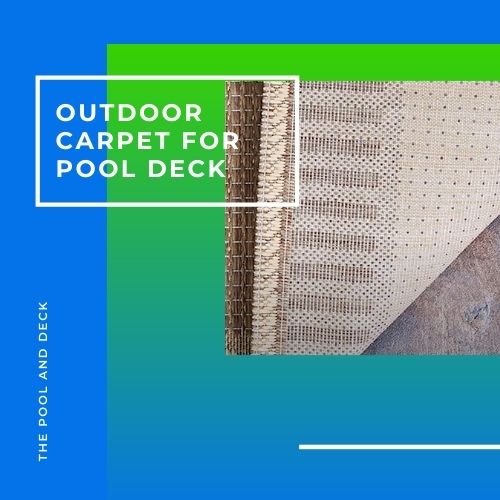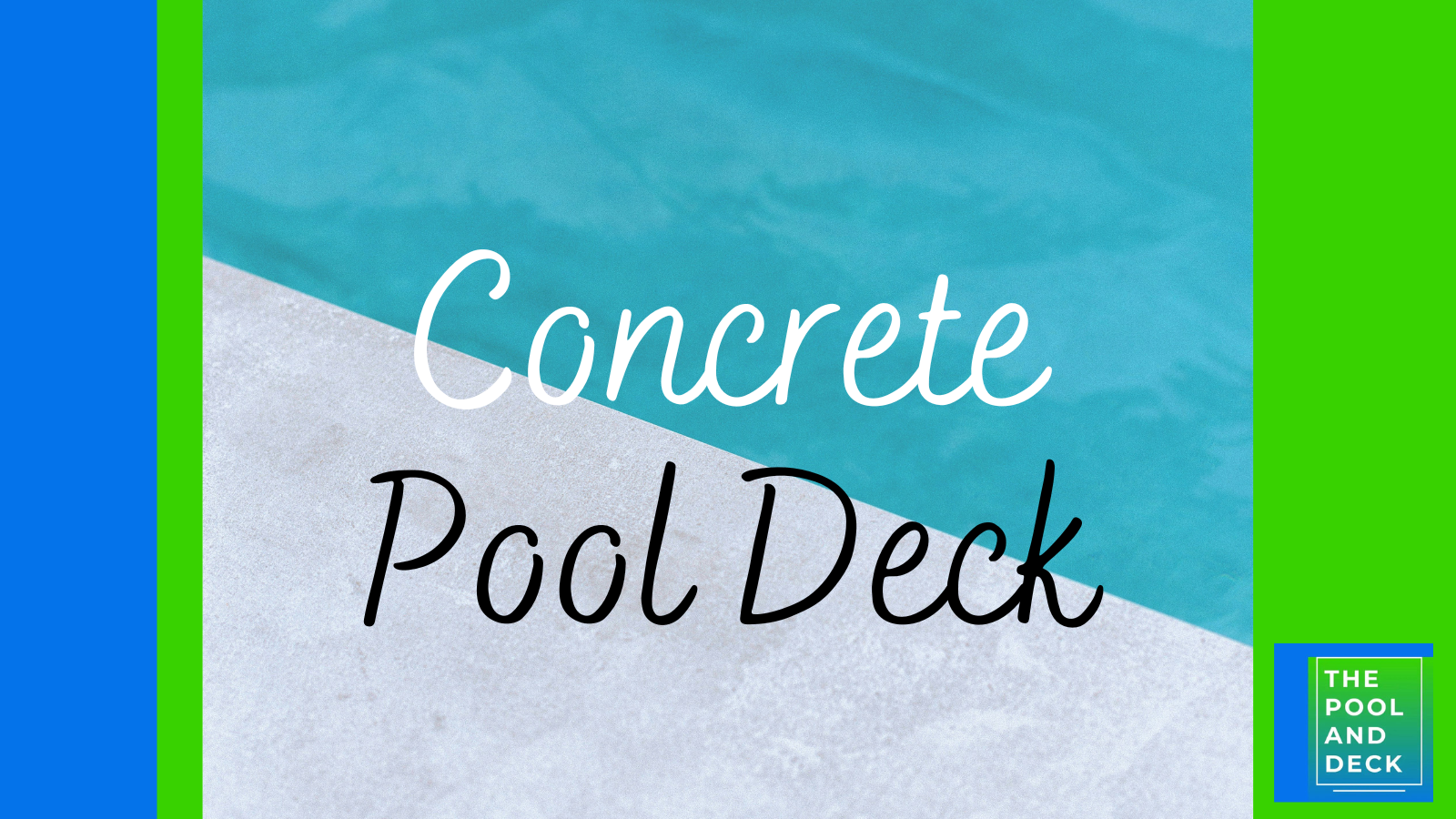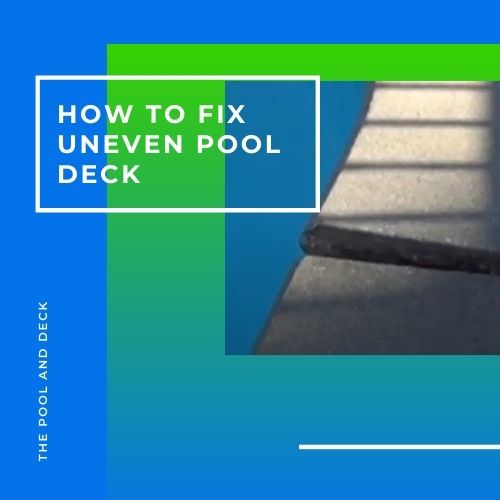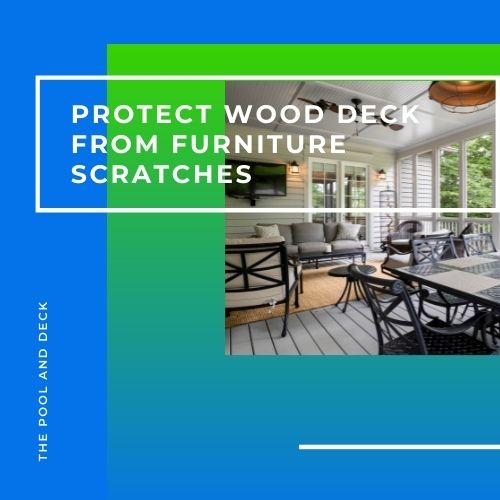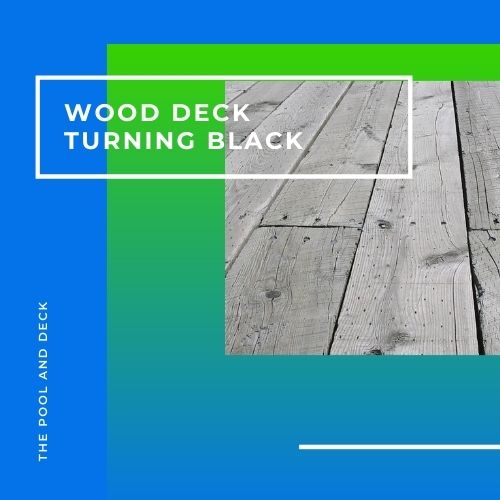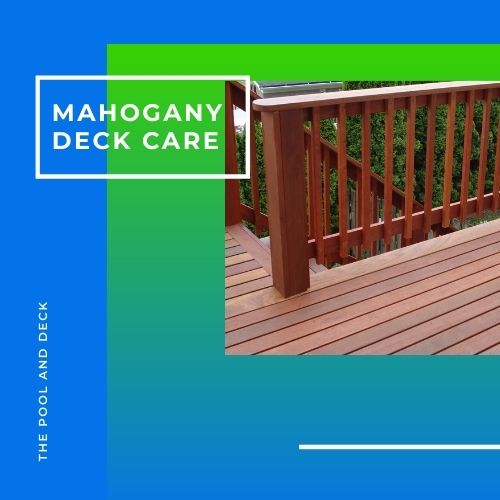Pressure Washer To Remove Paver Weeds (Easy But Not The Best Way!)
As an Amazon Associate, I earn from qualifying purchases.
Table of Contents
Can You Pressure Wash Weeds from Pavers?
So do you have a pool deck using pavers? Pavers are slip resistant, easy to lay, and can look really beautiful depending on the paver material and layout. But pavers do have a few disadvantages too! Often weeds will grow between the paver joints. So, can you use a pressure washer to remove paver weeds?
Do not use a pressure washer to remove paver weeds. It is an easy solution which comes at a great cost. Water under high pressure will remove the mortar, grout or sand between the paver joints, along with the weeds.
Every household seems to have a pressure washer these days. Pressure washer has become a “go to” solution for cleaning pool decks, patios and driveways among other things.
There is no doubt that a power washer is a terrific labor saving device and does clean the surface far more efficiently than any manual cleaning process would.
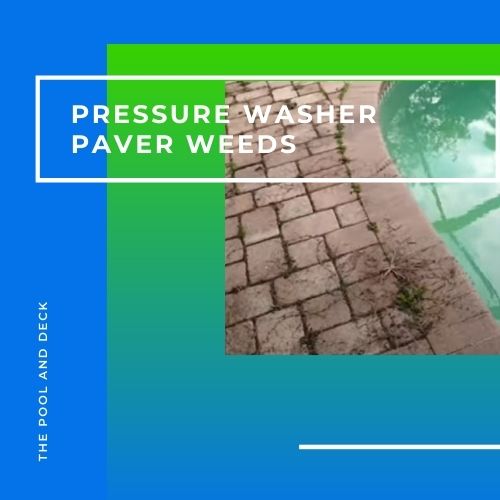
But the high pressure water jet is blind. It can not distinguish between a stain, a weed or the filler in a paver joint. The pressure water jet attempts to dislodge and wash away anything & everything in its path.
Now of course you want to get rid of the weeds growing out from between the paver joints, but with minimum damage to the joint or the paver itself.
Tedious as it may seem, plucking out the weeds, especially the ones with deep roots, by hand is the safest way of getting rid of them.
Using a pressure washer to remove paver weeds is an expensive shortcut!
Can Power Washing Damage Pavers?
Power washing paver pool decks can permanently damage the pavers. It all depends on the paver material and the water pressure. Unfortunately you may not realize this till the damage is done.
For most residential cleaning, you should be using a pressure washer with water pressure in the range of 1000 – 2000 psi. If you keep the nozzle tip at an angle and at some distance, this pressure range will clean but not damage brick, concrete or natural stone pavers.
Do not use a pressure washer directly on a pool deck or patio. Use a surface cleaner attachment. The attachment ensures that the water jet is at a softer angle and at a safe distance from the deck surface.
Karcher K1700 Electric Pressure Washer 1700 PSI with 11″ Surface Cleaner is budget friendly and good enough for occasional use on pavers.
Apart from abrading and scouring the surface of the paver, a pressure wash removes the sealer. When the paver loses a part of the sealant it becomes more permeable to water. Water seeping into a concrete or natural stone paver can damage the paver from within.
You should check if the sealer on the paver deck is still effective, after a power wash. This is quite easy to do. Just place a few drops of water on the deck surface. If the water drops bead up then the sealer is still intact.
But, if the water gets absorbed then the sealer is no longer effective. You will need to reseal the pavers. To find out more about how to do it check out my earlier blog post:
Do Limestone Pavers Need to Be Sealed? (Why It’s Important!)
How Do You Get Rid of Weeds Between Pavers?
To get rid of weeds between pavers you have to either kill them or pull them out. Pulling them out by hand is an effective way but you have to make sure that you pull them out from the roots. If the roots get left behind, the weeds will simply regrow.
Use a Garden Hose
Weeds grow between pavers because the joint which had just sand to begin with, now has soil and biological waste from dead leaves & insects too! Using a pressure washer to remove paver weeds is an overkill, but a garden hose can certainly help.
The water pressure from a garden hose sprinkler is around 50 psi, which is a lot gentler than say 1500 psi from a power washer. The garden hose will not damage the pavers but will loosen the soil in the joints enough for you to be able to pull out the weeds along with their roots.
Pour Boiling Water
Boiling water is very effective in killing the weeds between pavers. It eliminates the weeds, the roots and the seeds. Weeds like most plants are sensitive to temperature. The high temperature of the boiling water causes the weed cells to collapse and die.
Having said that, some weeds are hardier than others. You may need to use the boiling water treatment more than once to kill them.
Add Salt
You can increase the effectiveness of the boiling water by adding salt to it. Salt will dehydrate the weed cells and hasten the death process. However, the weed will not die instantaneously. It will take 1 – 2 weeks before the weeds begin to wilt & die.
However, salt dissolved in water accelerates the corrosion of concrete and other pavers. The salt creates an electrolyte solution, which promotes the flow of electrons from one electrode to another.
I do not recommend using salt for killing weeds, just as I do not recommend using a pressure washer to get rid of paver weeds. It does more harm than good!
Kill Weeds with Household Vinegar
Vinegar kills paver weeds because it is acidic. However, acids can react with pavers and corrode them too. Pavers, such as limestone & travertine are rich in calcite. They are quite easily corroded by even dilute acids.
Household vinegar is a 4 – 8% acetic acid. At this concentration level of acetic acid vinegar should be quite safe on most pavers. The question is if that is strong enough to kill the weeds. Check out on a small section first before applying vinegar on your entire deck.
The other disadvantage of using vinegar is that it is not very effective in killing the weeds from the root. So, vinegar is a temporary solution at best.
Use Chemical or Natural Commercial Weed Killers
Compare-N-Save Weed & Grass Killer
Commercially available weed killers are quite effective in getting rid of paver weeds. They will generally use “Glyphosate” as the active ingredient. Glyphosate is absorbed through the leaves and travels to the root to kill the weed.
Check out Compare N Save Concentrate Weed and Grass KillerFor best results, apply on a warm, sunny day when daytime temperature is above 60F and no rainfall is forecast for 24 hours. Dilute 3 tablespoons of the concentrate in 1 gallon of water. Increase the dose for tougher weeds.
Natural Armor Weed & Grass Killer
A natural option is also available if you are not too keen on using a weed killer which has glyphosate as the active ingredient.
Check out Natural Armor Weed and Grass Killer All-Natural Concentrated FormulaNatural Armor Weed & Grass Killer is Natural and Made with No Glyphosate. The concentrated formula kills 250 types of weeds and grasses dead in their tracks. Weeds and grass will look like you took a torch to them. Natural Armor Weed & Grass Killer is easy to use. Just spray and go. No Messy Mixing.
How Do You Keep Weeds from Growing Between Paving Slabs?
OK, so you have finally been able to get rid of paver weeds. What next? Of course, you do not want them sprouting again in a few weeks. Hopefully you have eliminated them from the roots, so that certainly helps!
Weeds grow in the joints between pavers when the joint becomes loose and gets filled with dust, soil and biological debris such as dead leaves & insects. The joint becomes, quite literally, fertile ground for weed and grass growth.
To keep new weeds from growing between paving slabs, re-sand the joints with polymeric sand. The process of re-sanding is:
- Use a stiff brush or a putty blade to remove as much of the sand & soil in the paver joints. A vacuum cleaner may also help in sucking out the remaining dirt particles
- Spray the deck with water. The water will seep into the joints and cause it to settle. Let the deck dry for as long as possible
- Next spread polymeric sand over the deck making sure that it fills in all the joints
- Use a broom to remove any excess polymeric sand on the paver surface
- Spray water on the deck. Polymeric sand is a fine sand that is combined with additives that form a binding agent when exposed to water. Water activates the setting of the polymeric sand
Polymeric sand is great for pavers in 4 ways:
- Prevents weed growth from bottom
- Stops insects from burrowing from the top
- Keeps pavers together & prevents shifting
- Blocks water penetration
Thank you very much for reading the post. I do hope you found it informative and helpful.

